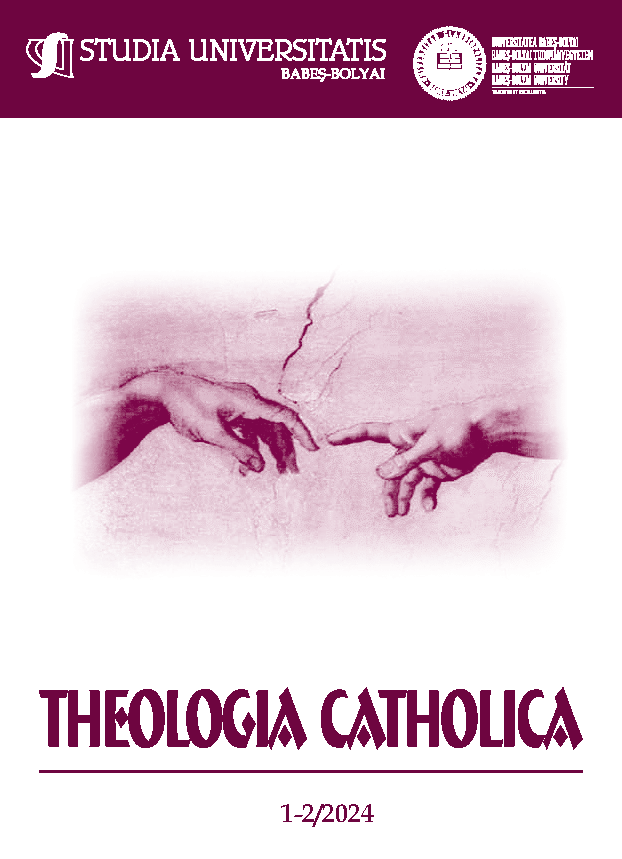CHRISTIANITY AND THE TENSION BETWEEN THE “CALL OF THE TRIBE” AND THE FASCINATION OF UNIVERSALITY
DOI:
https://doi.org/10.24193/theol.cath.2024.04Keywords:
border, individual, universal, community, collective identity, Christianity, state, liberty, neutral axiology, dialogueAbstract
The identity of the individual is given in the tension between the particular and the universal, tension taken over by the political organizations of human communities that favoured either the local component (the city-state) or the universal component (the empire). Modernity, influenced by Christianity, affirmed the connection between the individual and the universal and, in opposition to the Church, proposed a new model of organization, liberal secular democracy, based on universal rights of the individual. After the second half of the twentieth century, in the name of individual freedom, democracies increasingly adopted axiological neutral liberalism, but this diluted individuals’ belonging to a community and led to persistent identity confusion. After the confrontations of the beginning of modernity, Christianity and science find themselves in a post-secular era in which they can complement each other to overcome the identity confusion of society by reconfiguring the balance between the individual and the universal and inserting values.
Downloads
Published
How to Cite
Issue
Section
License
Copyright (c) 2024 Studia Universitatis Babeş-Bolyai Theologia Catholica

This work is licensed under a Creative Commons Attribution-NonCommercial-NoDerivatives 4.0 International License.



